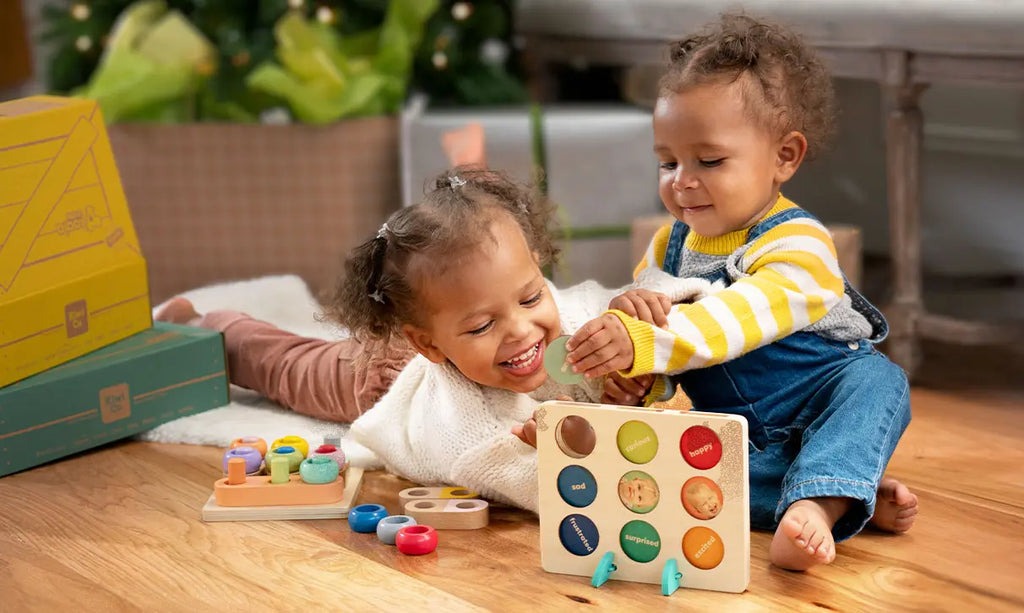
Kids’ Toys: More Than Just Play
Toys are more than just colorful objects scattered across the living room floor. For children, toys are tools of imagination, vehicles for learning, and companions in the journey of growing up mainasik. From classic wooden blocks to high-tech robots, kids’ toys play a significant role in their emotional, social, and cognitive development.
The Importance of Toys in Child Development
Toys help children explore the world around them. Through play, kids develop essential life skills such as problem-solving, creativity, empathy, and motor coordination. For instance:
-
Building blocks improve spatial reasoning and fine motor skills.
-
Puzzles enhance memory and critical thinking.
-
Dolls and action figures encourage role-playing and empathy.
-
STEM toys introduce kids to science, technology, engineering, and math in a fun way.
Each toy, no matter how simple, can support learning in a unique way.
Choosing the Right Toys
With so many options on the market, choosing the right toy can feel overwhelming. The best toys are age-appropriate, safe, and engaging. Here are some tips for selecting toys for kids:
-
Age Appropriateness: Always check age labels. A toy that’s too advanced might be frustrating, while one that’s too simple could be boring.
-
Safety First: Avoid toys with small parts for younger children. Look for non-toxic materials and certifications from recognized safety authorities.
-
Open-Ended Play: Toys that can be used in multiple ways—like LEGO bricks, craft supplies, or play kitchens—allow kids to be creative and play for longer.
-
Balance Between Digital and Physical: While electronic toys can be educational, it’s important to balance screen time with hands-on, imaginative play.
Popular Toy Trends
The world of kids’ toys is constantly evolving. Some of the latest trends include:
-
Eco-Friendly Toys: More parents are seeking sustainable toys made from recycled or biodegradable materials.
-
STEM and Coding Kits: Toys that teach coding, robotics, and engineering are booming.
-
Interactive and Smart Toys: Toys that use AI or voice recognition to interact with children are gaining popularity.
-
Sensory Toys: Especially for toddlers or children with sensory processing needs, toys that stimulate touch, sound, and sight are in demand.
The Role of Parents and Guardians
While toys are important, how children play matters even more. Parents and caregivers can make playtime more meaningful by:
-
Playing together with their children.
-
Encouraging imagination instead of always focusing on “the right way” to play.
-
Limiting the number of toys to avoid overstimulation and promote creativity.
-
Rotating toys to keep things fresh and engaging.
Conclusion
Kids’ toys are not just a source of fun—they are a cornerstone of childhood development. Choosing the right toys and encouraging thoughtful play can lay the foundation for a child’s lifelong learning, creativity, and emotional growth. In a world filled with screens and fast-paced living, giving kids the time and space to play with the right toys might be one of the most valuable gifts we can offer.